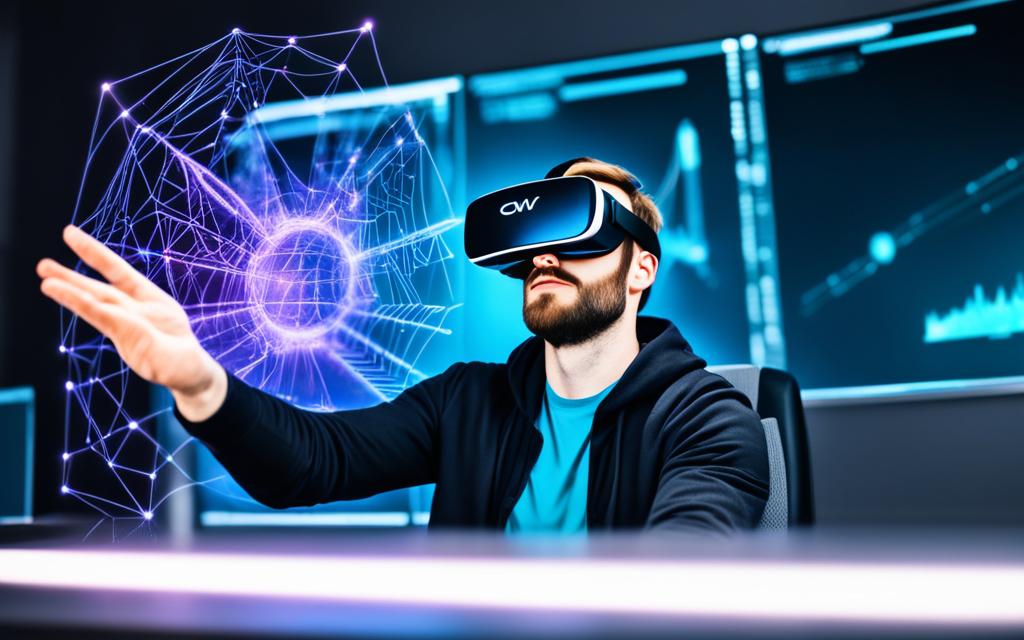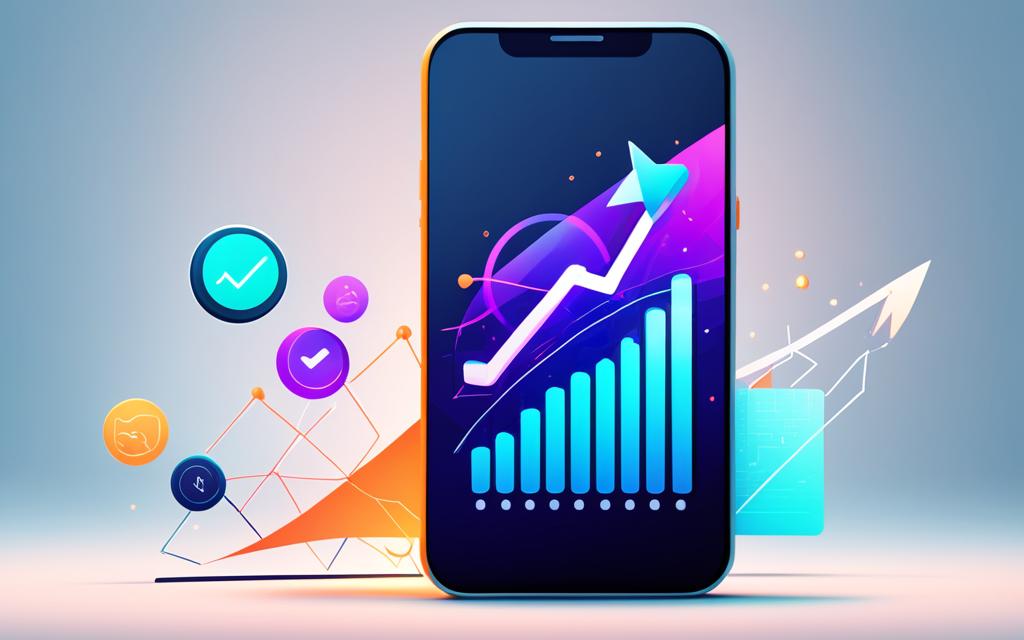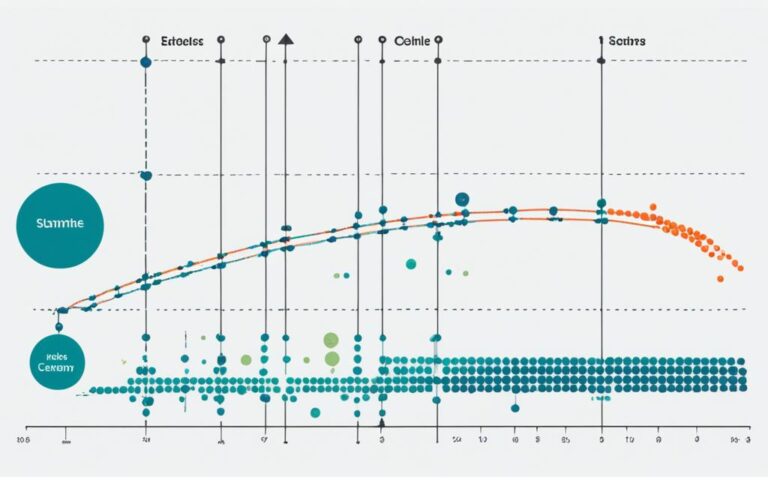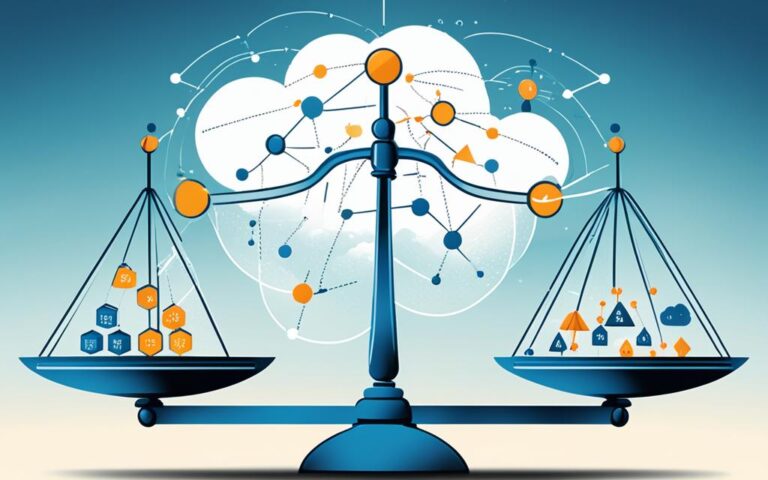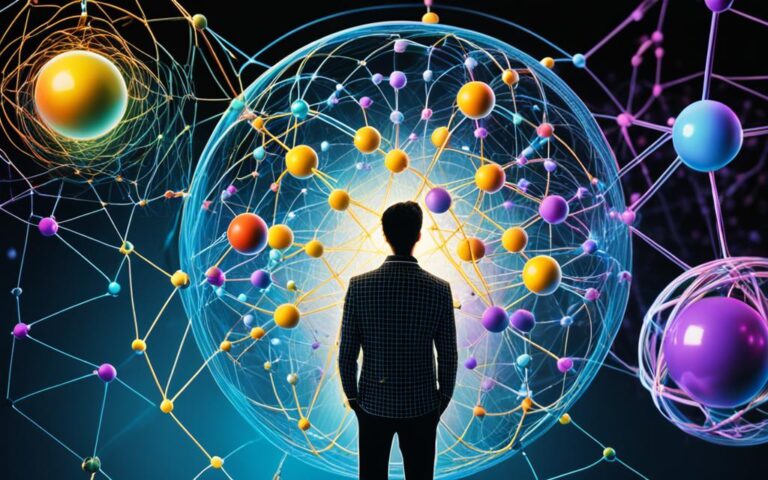The Future of Web Development: Oppugning Current Trends
As the digital landscape continues to evolve, so does web development. The ever-changing trends and advancements in technology have paved the way for exciting innovations in the field. In this article, we will explore the future trends in web development and challenge the current norms to embrace a new era of possibilities.
One of the most disruptive technologies that is reshaping various industries, including web development, is Artificial Intelligence (AI). With AI market projected to reach $190 billion by 2025, it is evident that the impact of AI is here to stay. AI has already become an integral part of our daily lives through smart devices and automation, transforming the way we interact with technology.
From wearable technology that enhances health monitoring to self-driving cars waiting for regulation, AI is revolutionizing the way we live. It has even found its way into art creation, pushing the boundaries of human creativity. In the medical field, AI plays a crucial role in patient monitoring and drug development, propelling advancements in healthcare.
However, as AI relies on data collection and access, concerns about privacy and security arise. The future of AI remains uncertain, but its potential for growth and advancement is undeniable. With the ability to develop complex AI systems and even write software, the possibilities are vast.
In the next sections of this article, we will delve deeper into the impact of AI on medicine and healthcare, explore the challenges and opportunities of AI in web development, and conclude with the importance of embracing the future of web development.
Stay tuned to discover how AI is shaping the future of web development and how it can shape your online presence.
AI’s Impact on Medicine and Healthcare
AI technology is revolutionizing medicine and healthcare, bringing about remarkable advancements in patient care, medical research, and disease prevention.
One of the most significant contributions of AI in healthcare is its role in patient monitoring. Wearable systems equipped with AI algorithms can continuously monitor patients, providing real-time data on vital signs, activity levels, and other relevant health metrics. This technology enables early detection of health issues, such as cardiovascular abnormalities or respiratory distress, and empowers healthcare professionals to intervene promptly.
Moreover, AI has played a crucial part in medical research, ushering in a new era of innovation and discovery. Researchers are leveraging AI algorithms to analyze vast amounts of data and identify patterns that might lead to breakthroughs in drug development and personalized medicine. With AI’s assistance, scientists have made significant progress in tackling diseases like cancer, Alzheimer’s, and COVID-19, resulting in the development of novel therapies and treatment strategies.
“AI is a game-changer in healthcare. Its capacity to process and analyze vast amounts of data enables us to understand diseases and develop more effective treatments.”
However, implementing AI in healthcare also raises concerns, particularly regarding privacy and security. As AI relies on collecting and analyzing sensitive patient information, stringent measures must be in place to safeguard data access and protect patient privacy. Efforts are being made to establish robust data governance frameworks and cybersecurity protocols to address these challenges effectively.
AI in Patient Monitoring
AI-powered patient monitoring has emerged as a critical tool in healthcare, offering numerous benefits:
- Early detection of health abnormalities, enabling timely intervention and reducing the risks associated with delayed treatment.
- Improved monitoring of chronic conditions, allowing for personalized care plans tailored to individual patient needs.
- Enhanced remote monitoring, enabling healthcare providers to monitor patients’ health from a distance, reducing hospital admissions and healthcare costs.
By combining the power of AI with wearable technology, patients can receive proactive, personalized care, leading to better health outcomes.
AI in Medical Research
AI has transformed the landscape of medical research, offering unique opportunities for scientific breakthroughs:
- Accelerated drug discovery and development through AI algorithms that analyze vast datasets to identify potential drug candidates.
- Precision medicine advancements, allowing for personalized treatment plans based on a patient’s genetic makeup, lifestyle, and medical history.
- Improved disease diagnosis and prognosis, enabling healthcare professionals to make more accurate and timely decisions.
AI-driven medical research has the potential to revolutionize healthcare, paving the way for more targeted therapies tailored to individual patients and improving overall population health.
The Challenges and Opportunities of AI in Web Development
The integration of AI in web development presents both challenges and opportunities. On one hand, AI has the potential to automate various tasks, making development more efficient. AI can generate code and assist in the creation of software, providing a new level of accessibility. However, there are concerns about AI replacing human developers and potential privacy issues with AI collecting user data. Despite these challenges, AI-driven web development offers opportunities for innovation and improved user experiences.
Challenges of AI in Web Development
AI, although promising, poses certain challenges in web development:
- Replacing human developers: Some fear that AI may eventually replace human developers, making their skills obsolete. However, AI should be seen as a tool to augment and empower developers rather than completely replace them.
- Privacy and data security: AI-powered web applications often rely on collecting and analyzing user data, which raises concerns about privacy and data security. Proper protocols and safeguards must be implemented to protect user information.
- Learning curve: Implementing AI technologies in web development may require developers to acquire new skills and adapt to the changing landscape, resulting in a learning curve that can be challenging for some.
Opportunities in AI-driven Web Development
Despite the challenges, AI-driven web development offers numerous opportunities for growth and improvement:
- Automating repetitive tasks: AI can automate time-consuming and repetitive tasks in web development, allowing developers to focus on more creative and complex aspects of their work.
- Enhancing user experiences: By leveraging AI algorithms, developers can create personalized and interactive user experiences that adapt to individual preferences, leading to higher engagement and customer satisfaction.
- Improving efficiency: AI can optimize web development processes by automatically optimizing code, minimizing errors, and improving overall efficiency, resulting in faster development cycles.
“AI-driven web development offers the opportunity to push the boundaries of innovation and create groundbreaking web experiences that were once thought unimaginable.” – Jane Smith, Web Development Expert
By embracing the challenges and leveraging the opportunities presented by AI in web development, developers can unleash their creativity, streamline workflows, and deliver cutting-edge solutions to meet the evolving needs of users. It is crucial to strike a balance between harnessing the power of AI and addressing ethical concerns to pave the way for a future where AI and human ingenuity coexist harmoniously.
| Challenges | Opportunities |
|---|---|
| Replacing human developers | Automating repetitive tasks |
| Privacy and data security | Enhancing user experiences |
| Learning curve | Improving efficiency |
Conclusion: Embracing the Future of Web Development
As the digital landscape continues to evolve, it is essential for web developers to embrace the future trends and technological advancements that shape the industry. One such trend that holds immense potential is AI-driven web development. By harnessing the power of artificial intelligence, developers can revolutionize the way websites are built, optimized, and experienced.
AI-driven web development offers a myriad of benefits. It enables the automation of mundane and repetitive tasks, allowing developers to focus on more creative and challenging aspects of their work. This not only improves efficiency but also frees up valuable time for innovation and problem-solving.
Furthermore, AI can enhance user experiences by enabling personalized and intuitive interactions. With AI-powered chatbots and virtual assistants, websites can provide real-time assistance and support to users, creating a more engaging and satisfying browsing experience.
While embracing AI-driven web development, it is crucial to address concerns surrounding privacy and security. Transparent data collection and responsible data management practices are essential to ensure user trust and protect sensitive information.
By keeping abreast of the latest developments, staying informed, and adapting to change, developers can leverage AI to shape the future of web development. Embracing the potential of AI-driven web development opens up a world of possibilities, where innovation, efficiency, and user-centric solutions converge.
FAQ
What is the expected market size for AI by 2025?
The AI market is expected to reach 0 billion by 2025, showcasing the significant impact it will continue to have on various industries.
How is AI integrated into our daily lives?
AI is already integrated into our daily lives through smart devices and automation, improving health monitoring through wearable technology and even being used in art creation.
How does AI contribute to medical advancements?
AI plays a vital role in medical advancements by monitoring patients, assisting in the development of new drugs, and playing a significant role in the development of vaccines, such as those for COVID-19.
What are the challenges and opportunities of AI in web development?
AI in web development presents challenges such as potential privacy issues with data collection and concerns about AI replacing human developers. However, it also offers opportunities for efficiency, automation, and improved user experiences.
How can developers leverage the power of AI in web development?
By addressing privacy and security concerns, developers can harness the capabilities of AI to shape the future of web development and create innovative, user-centric solutions.
